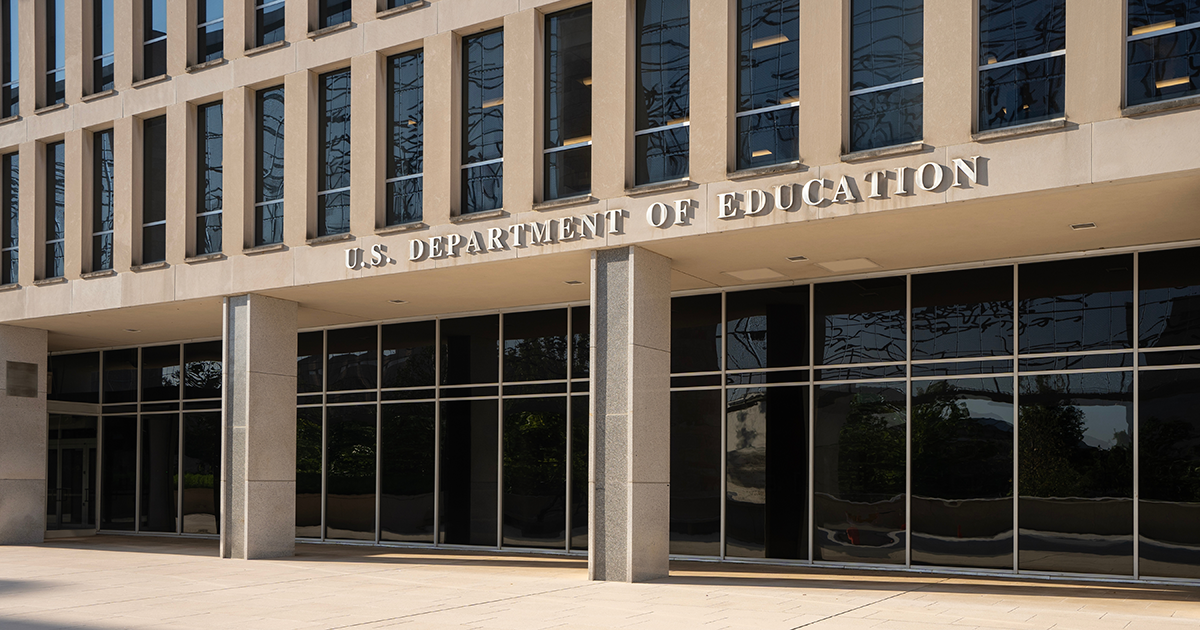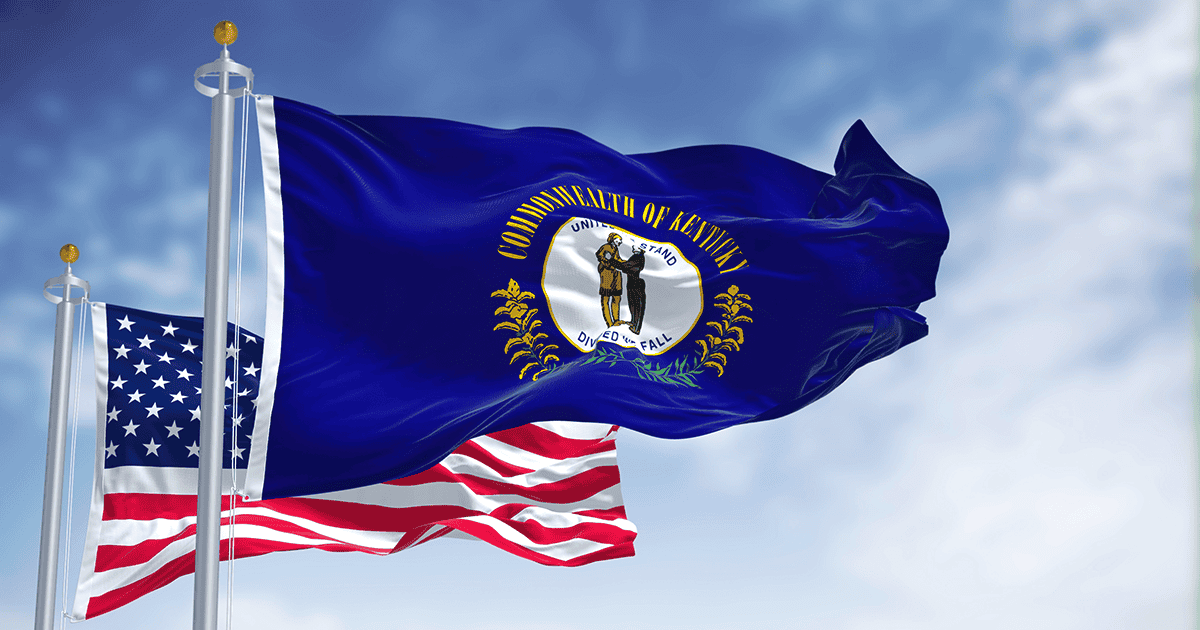Opinion Editorial by David Fabry, PhD
I recently wrote an Op/Ed article on the associated risks of hearing loss related to e-cigarettes. Specifically, I cited the previous research on smoking and exposure to second-hand smoke, and suggested that nicotine, tar, or other related chemicals used in e-cigarettes could pose a similar risk. Like most Academy members, I am passionate about hearing and hearing loss, and will take any opportunity to raise awareness for the importance of hearing as a significant health concern.
In this case, however, I learned that many from the “vaping” community are equally passionate about their freedom to use e-cigarettes whenever—and wherever—they want. Their grassroots efforts to quickly defuse any notion that vaping is dangerous was admirable, if not a little disconcerting. My Twitter feed quickly “blew up” with personal insults, threats, and for the first time in my career, I found myself victim to a “meme” (which was admittedly kind of fun).
The bottom line is this—in 2014, nearly $119 million is spent in the United States; 89 percent of it was backed by Big Tobacco. While vaping advocates may identify themselves as a member of a small, passionate group of small business owners, increasingly the major tobacco companies are leveraging this to their advantage with the goal of allowing e-cigarettes to be used indoors, seen in advertising, and targeted towards teens, under the guise that it is completely “safe.” Time will tell, but there is increasing evidence that many of the same chemicals used in conventional cigarettes are being used in e-cigs to increase flavor and migrate use away from cigarettes, which is a good thing. That said, additional studies are warranted to determine whether any of the same properties of nicotine that cause vertigo or tinnitus will translate into potential temporary or permanent hearing loss.
Perhaps the biggest lesson I learned from this exercise was that audiology needs to do a better job of mobilizing our members to passionately raise awareness for the importance of hearing, fight for our legislative agendas, and rally our patients to become our advocates on social media. While all agree that marketing campaigns for television and print are expensive, organized social media campaigns can be equally—or more effective. Ideas out there? We’d love to hear from you!
David Fabry, PhD, is the Academy’s editor-in-chief for www.audiology.org and Audiology Today magazine. He is also the vice president of audiology and professional relations for Starkey Hearing Technologies. The opinions, ideas, and thoughts expressed in this article are those of the author and not those of his employee or of the American Academy of Audiology. Contact Dr. Fabry
Recent Posts
Department of Education Comment Period Closes; Academy Submits Formal Comments on Professional Degree Proposal
The public comment period has officially closed on the U.S. Department of Education’s proposed regulations redefining “professional degree programs” for purposes of federal student aid….
Kentucky Legislature Considers Updates to Audiology Scope of Practice
The Academy recently submitted a letter to the Kentucky House Standing Committee on Licensing, Occupations, and Administrative Regulations regarding House Bill 444 (HB 444), legislation…
Vaccination of Older Adults in the United States
In the United States, this time of year tends to coincide with cold and flu season. As such, it seems timely for us to review…


